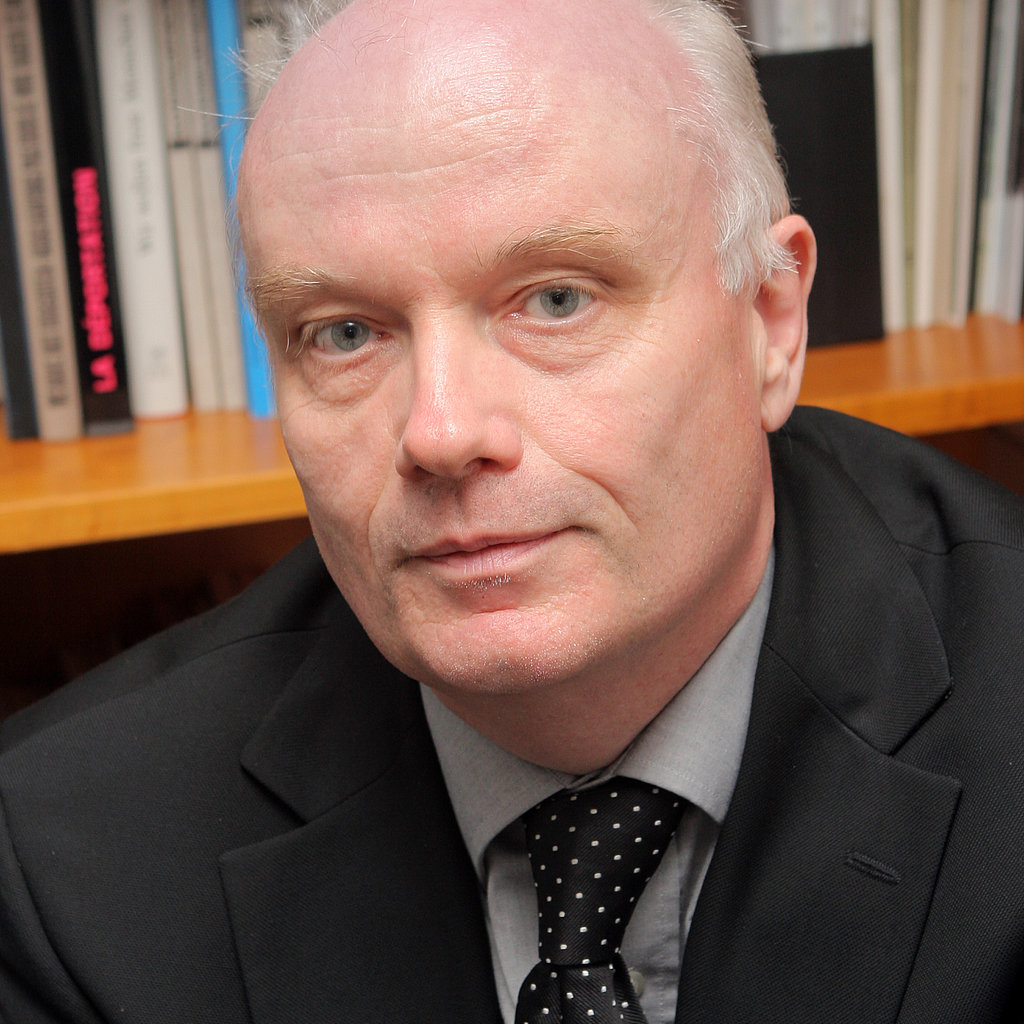ARTISTIC RESPONSES TO INHUMANITY, WAR AND VIOLENCE
Three conversations
The idea that time flows onward like a calm stream, transporting humanity into a happy future, is little more than an illusion any more. Assurances about culture and civilization, countless lives and hopes for the fu- ture are repeatedly shattered by man-made violence, much of it state-sponsored. “The terrible thing is the hate that comes after hate, the war that comes after war, the contempt that comes after contempt,” the Polish theatremaker and installation artist Józef Szajna, a survivor of Auschwitz and Buchenwald, notes. And Imre Kertész, the Hungarian winner of the Nobel Prize for Literature and a fellow survivor of Auschwitz and Buchenwald comments: “Because if the history of the 20th century had simply been a unique aberration, as pious and false prophets would have us believe, then the great catharsis ought to have started a long time ago (...).” Nonetheless, people everywhere continue to resist the hate that comes after hate. Imre Kertész has not stopped writing. Józef Szajna has spent his whole life using his art the fight inhumanity. And Boris Lurie, who said he received his artistic education in Buchen- wald, has devoted his life to battling against a voyeur- istic view of violence and suffering victims, against the racism and sexism of consumer society.
What consequences experiences of rupture have for visual art and literature today, how visual art and liter- ature can confront the violence and lend rousing ex- pression to the ambivalences of developments in poli- tics and society, and the social and political challenges that now face us will be explored in three conversa- tions. While two are set against the background of the rupture of civilization caused by the Nazi regime, the third examines the experiences of the ruptures and transformations in the East of Germany after 1989.
I. CONVERSATION WITH INGO SCHULZE AND BODO RAMELOW / ATTENDED BY GÜNTHER UECKER
Beyond formulaic pathos formulas: Art against authoritarian rule, fear and violence. A conversation to mark the revival of Günther Uecker’s ‘A Stone Memorial for Buchenwald’ in the Theaterplatz in Weimar.
II. CONVERSATION WITH HENDRIK BOLZ AND CARSTEN SCHNEIDER
Smug Westerners, racism and blooming landscapes? – 1989 and what followed revisited.
III. CONVERSATION WITH RUDOLF HERZ, VERENA KRIEGER, MATTHIAS REICHELT, JENS-CHRISTIAN WAGNER
Boris Lurie`s No!Art – a product of “wartime armies, concentration camps and the lumpenproletariat.”
To introduce the discussion, Kunstfest Weimar and the Lichthaus cinema will screen the following film as part of the event:
‘SHOAH and PIN-UPS’
This documentary recalls how the 80-year old New York NO!artist Boris Lurie broke a taboo. His art combines things that do not belong together: victims of the gas chambers and naked bodies, the Shoah and pin-ups. A film about the persis- tently topical issues of remembrance and the artistic treatment of the extermina- tion of the Jews.
CONCEPT & DISCUSSION Volkhard Knigge
PRODUCTION Kunstfest Weimar
CO-PRODUCTION Stiftung Gedenkstätten Buchenwald und Mittelbau-Dora, Hotel Elephant Weimar
»SHOAH UND PIN-UPS«
DIRECTOR & SCREENPLAY Reinhild Dettmer-Finke, Matthias Reichelt
PHOTOGRAPHY Rainer Hoffmann
SOUND & EDITING Mike Schlömer
COMPOSITION & MUSIC Dieter Ilg
PRODUCTION defi-filmproduktion in collaboration with WDR/ARTE, 2007
